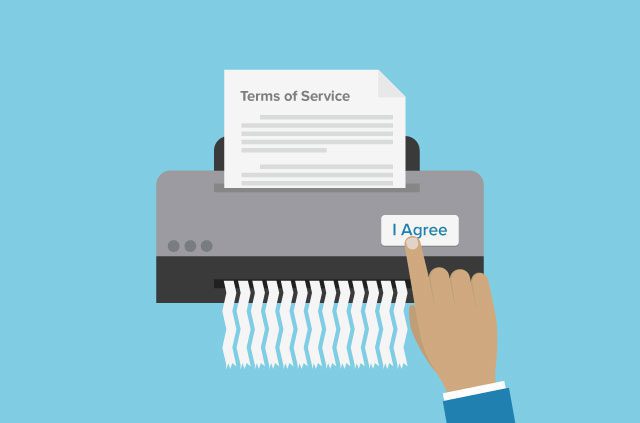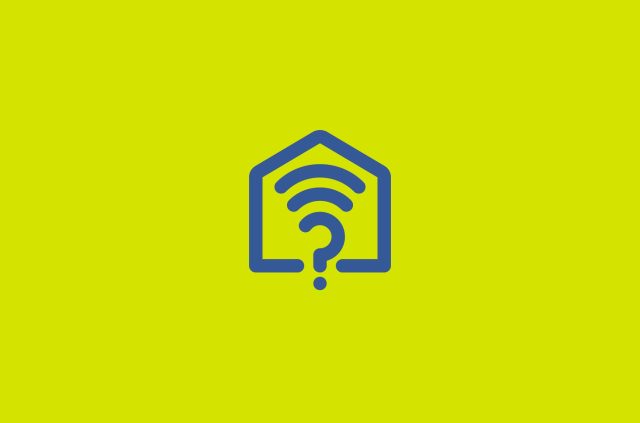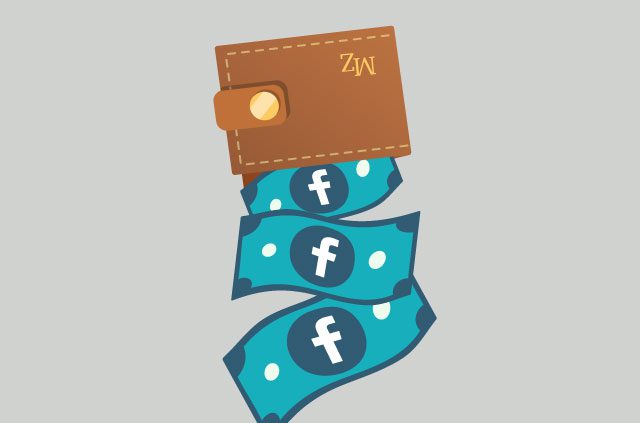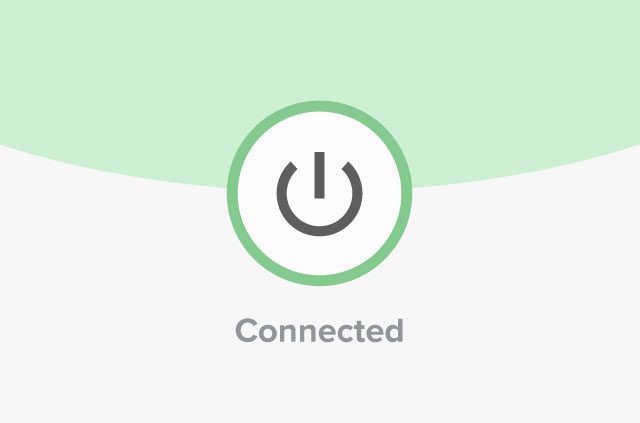Study confirms less than 20% always read terms of service


If you frequently click ‘I agree’ with regards to companies’ terms of service (ToS) without actually reading them, you’re not alone.
A new study by ExpressVPN reveals that more than 80% of consumers don’t always read the ToS when creating new accounts on websites.
Partly to blame might be the complex language of terms and conditions, which are often made up of many pages of legalese. But there’s also a general lack of trust that companies will do as they claim.
Many people believe that a ToS will change at the drop of a hat if it suits the company. It’s undoubtedly true that the right to change without prior notice is a standard in many ToS. According to ExpressVPN’s survey:
- Less than 35% of consumers trust brands to uphold their ToS.
- More than 42% of consumers think that brands often change ToS without telling the user.
If you think what you sign today could change tomorrow, you will likely feel there’s no point in reading the ToS. On top of that, users might feel as if they don't have much choice: often, if you don’t agree to the terms, you don't get the service.
VPN users savvy to privacy perils
Interestingly, however, the survey shows that VPN users are twice as likely to read ToS compared with non-VPN users. Along the same lines, VPN users are found to be generally more aware of their security and privacy.
- VPN users are nearly twice as likely to disable the microphone and camera on their smart home devices (versus non-VPN users).
- More VPN users are aware of Facebook's ability to predict their sexual orientation and political party affiliation (versus non-VPN users).
- 64% of VPN users are confident in the security of their iPhone/iPad, versus 49% of non-VPN users.
- 63% of VPN users are confident in the security of their Android phone or tablet, versus 52% of non-VPN users.
- 37% of VPN users are confident in the security of their router, versus just 21% of confidence from non-VPN users.
“The majority of consumers still have low awareness of data security and regularly engage in online behavior that puts their personal information at risk,” stated Harold Li, vice president, ExpressVPN. “Anyone using the internet should take measures to protect their privacy and security, including fundamentals like using a VPN to secure their connection, using two-factor authentication for important online accounts, and checking privacy settings on social media.”
America embraces VPN technology
The future of privacy in the U.S. looks promising. The study finds that 30% of Americans say they now use a VPN (up from less than 20% in a similar 2018 study), with more than half responding that they use a VPN to thwart hackers. Half of VPN users also say they use it for protection and confidence when using public Wi-Fi. Meanwhile, 42% use VPNs for preventing sites from tracking them (based on IP address).
Take the first step to protect yourself online. Try ExpressVPN risk-free.
Get ExpressVPN

















